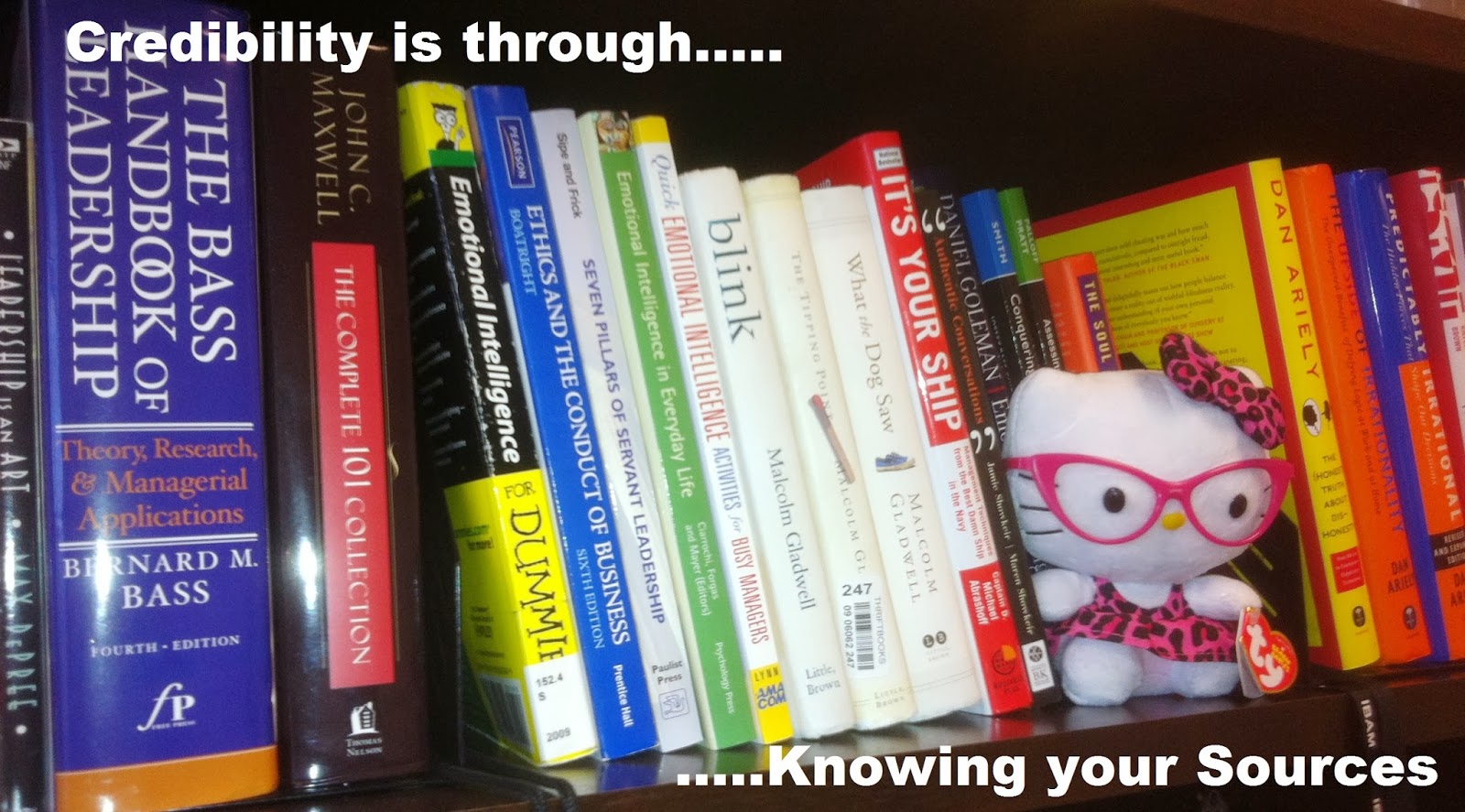Digital technologies are an important development in service
management. The paper by Setia et. al
(2013) discusses how digital technologies can create higher customer-oriented
businesses in localized markets. They focus on two customer service capabilities
such as customer orientation capability and customer response capability. To
gather their results they used 170 branches of a large Indian bank.
Because the modern market requires a more rapid pace of
innovation, shorter product cycles, adjusting customer needs and international
commerce there is a need for companies to differentiate themselves based upon
better customer service. Through strong
customer oriented strategies and responses they are better able to align their
operations to local customer needs.
The goal is to create stronger business outcomes that raise
customer retention, lower operational costs, and increase market impact. To do
this well requires collecting the right information and using that information
to improve upon corporate strategy. How that information is collected and
processed will determine the digital design and information quality.
There are four characteristics of information quality:
1.) Completeness that provides enough useful information to
impact employee performance.
2.) Accuracy that the information is correct.
3.) Format that presents the information for useful
purposes.
4.) Currency that represents the newness of information.
The researchers found that the information quality influences
customer service capabilities. There is
need for a fundamental shift from resource acquisition to capability building
platforms. The use of proper data collection and usage can create better
methods of localizing services for greater impact. Decision makers will need to
turn this information into human action that raises customer service
perceptions and performance.
Setia, P., et. al. (2013). Leveraging digital technologies:
how information quality leads to localized capabilities and customer service
performance. MIS Quarterly, 37 (2).

